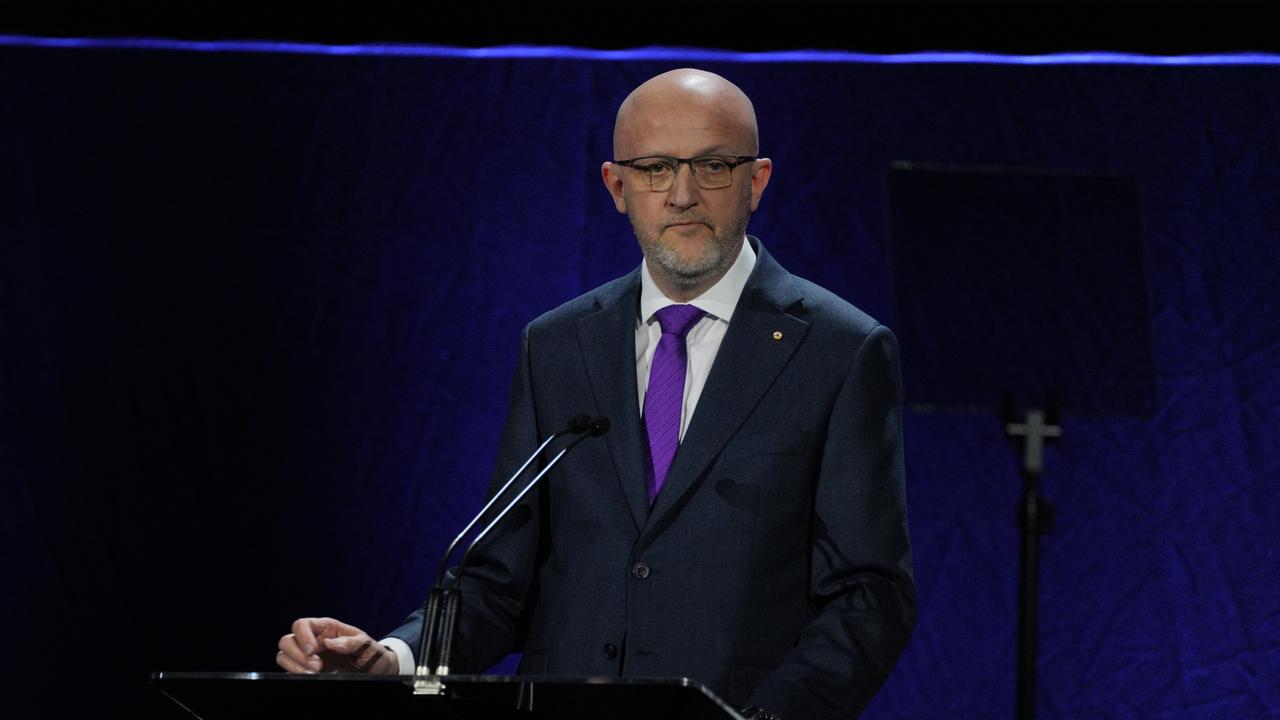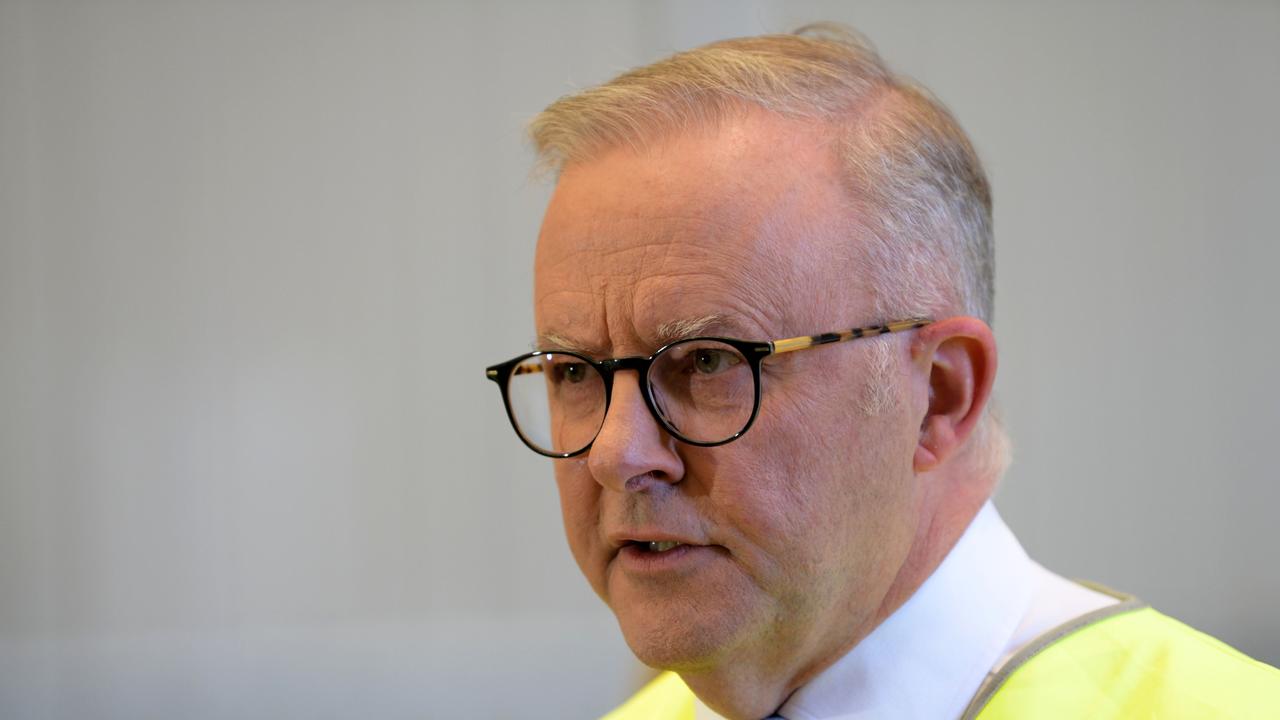Five Eyes security alliance issues rare warning after reporting ‘rising prominence’ of counter-terrorism cases involving minors
The world’s most powerful spy alliance has issued a rare warning amid concerns young Aussies and minors are being radicalised online at an alarming new rate.
The world’s most powerful security alliance has issued a rare warning, amid concerns young Australians and minors are being radicalised online at an alarming rate.
A new report issued by the Five Eyes Intelligence Alliance – consisting of Australia, New Zealand, Canada, the UK and the US – revealed all five countries had seen a “rising prominence” of young people and minors in counter-terrorism cases over the last few years.
The Australian Federal Police (AFP) noted the country’s Joint Counter Terrorism Team had investigated over 35 35 suspects between the ages of 12-17 since 2020, with 57 per cent of them being charged.
Australian Security Intelligence Organisation (ASIO) director general Mike Burgess said everyone from parents to frontline workers needed to understand and identify the early signs of radicalisation.
“Once ASIO and the AFP get involved, it is usually too late – the young person is already in a dark and dangerous place,” Mr Burgess said.


The report listed a number of disturbing Australian case studies, including a 16-year-old minor who was “mobilising to commit an act of ideologically motivated violent extremism”, after being radicalised by a “loosely connected online network” of other extremists.
“The minor was advocating for attacks on persons of non-caucasian appearance, and urged others to prepare for an upcoming race war to ‘defend the white race.”, the report added.
In a separate case study, a 14-year-old Aussie was charged with planning to conduct a school shooting after they were reported for sharing violent extremist content on Snapchat.
“A search warrant executed at the time of the minor’s arrest resulted in the seizure of a tactical vest, ballistic helmet and drawings of an extremist nature,” the report found.
In a joint statement with AFP Commissioner Reece Kershaw, Mr Burgess said the report shouldn’t be taken lightly.

“The fact that the Five-Eyes have chosen youth radicalisation for our first public research collaboration indicates how concerning, escalating and pressing this challenge is.”, Mr Burgess said.
Mr Burgess emphasised that 20 per cent of counter terrorism case loads now involve young people, with everyone of the planned attacks disrupted this year having been planned by a young person.
“As a parent, the numbers are shocking. As an intelligence officer, the numbers are sobering.”, he added.
The report has led to ASIO and the AFP calling for a “whole of society” approach to counter the issue through early intervention.
“A priority for the AFP is to limit the accessibility of violent extremist material and promote education and awareness for those in protective roles to maximise prevention and early intervention options,’’ Commissioner Kershaw said.

Anthony Albanese said it was concerning Australia’s agencies found children as young as 12 were being radicalised or engaging in harmful activity.
The Prime Minister said the radicalisation of youth was an issue community and faith leaders dealt with through outreach and parents needed to be vigilant of these issues as well.
“The problem with radicalisation online is often it can’t be seen by definition, it can happen in privacy with someone on a computer screen, and we have seen, tragically, the impact of that, not just here in Australia, but around the world,” he said.
“It is one of the things when we’ve had the debate about social media recently and about young people having access to it.
“Part of the concern parents have is not knowing what their sons and daughters are engaged in online, and part of the motivation for the social media ban was about giving parents more power to have those conversations with the young ones about what is going on online.”




